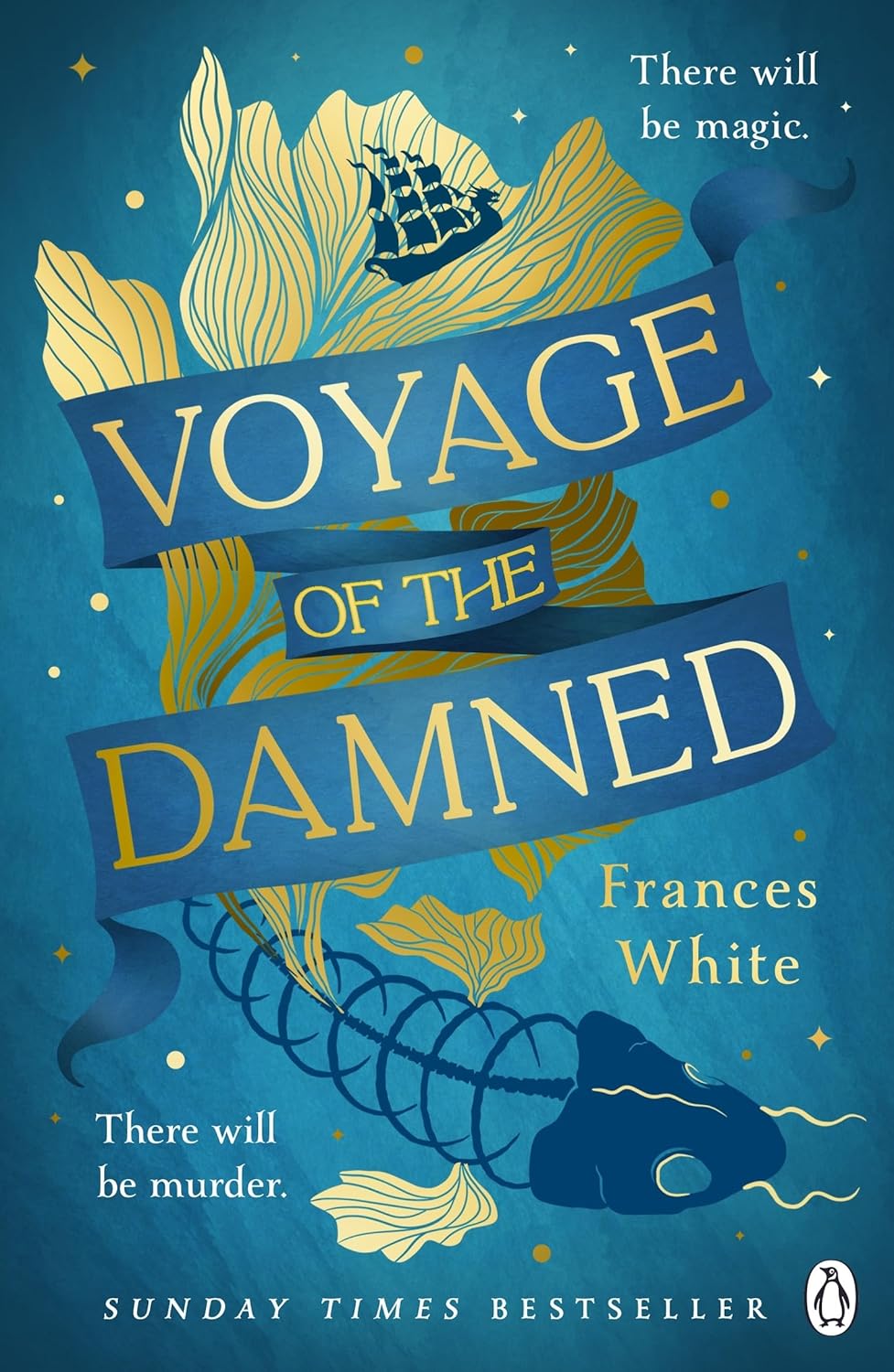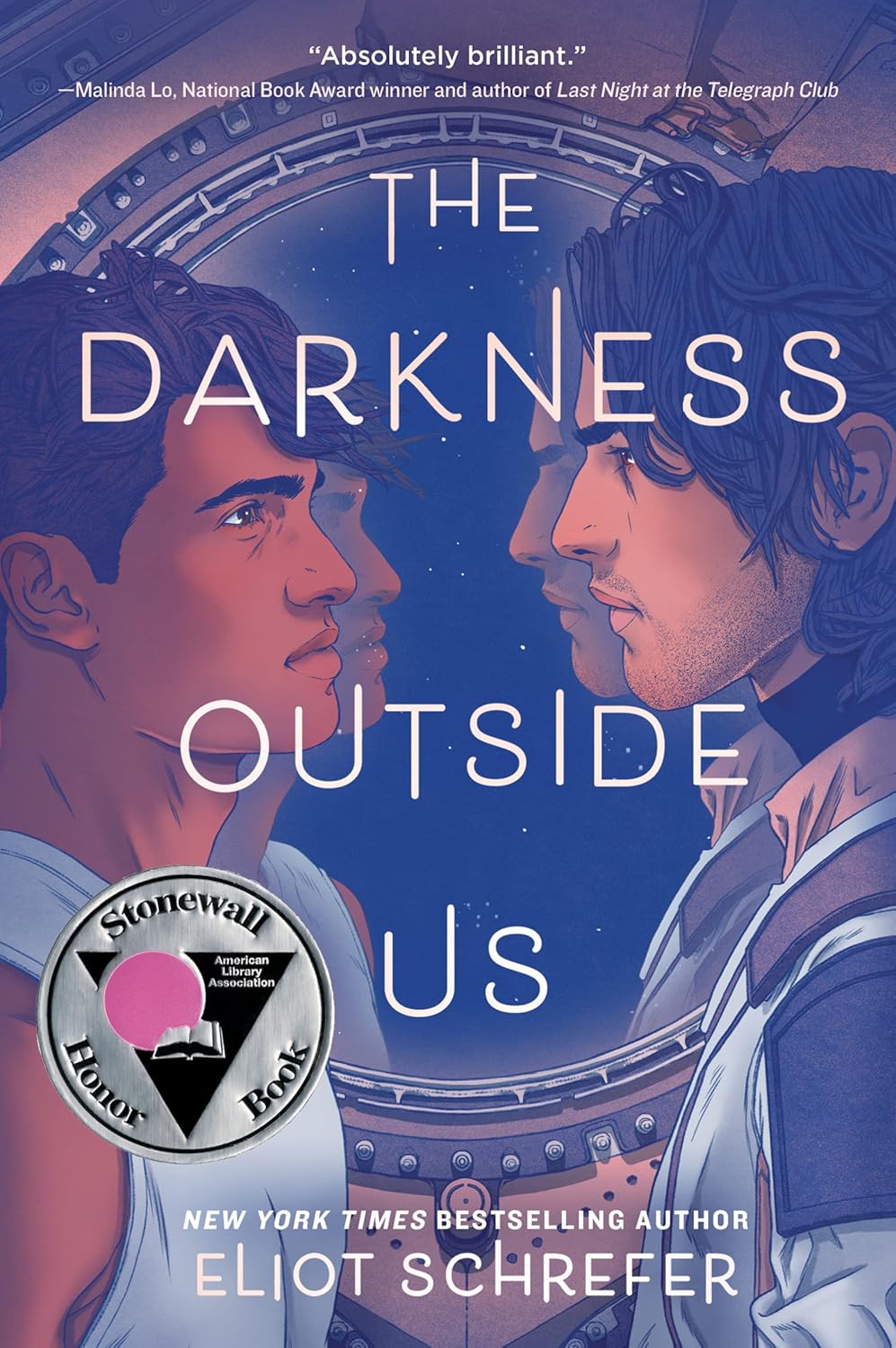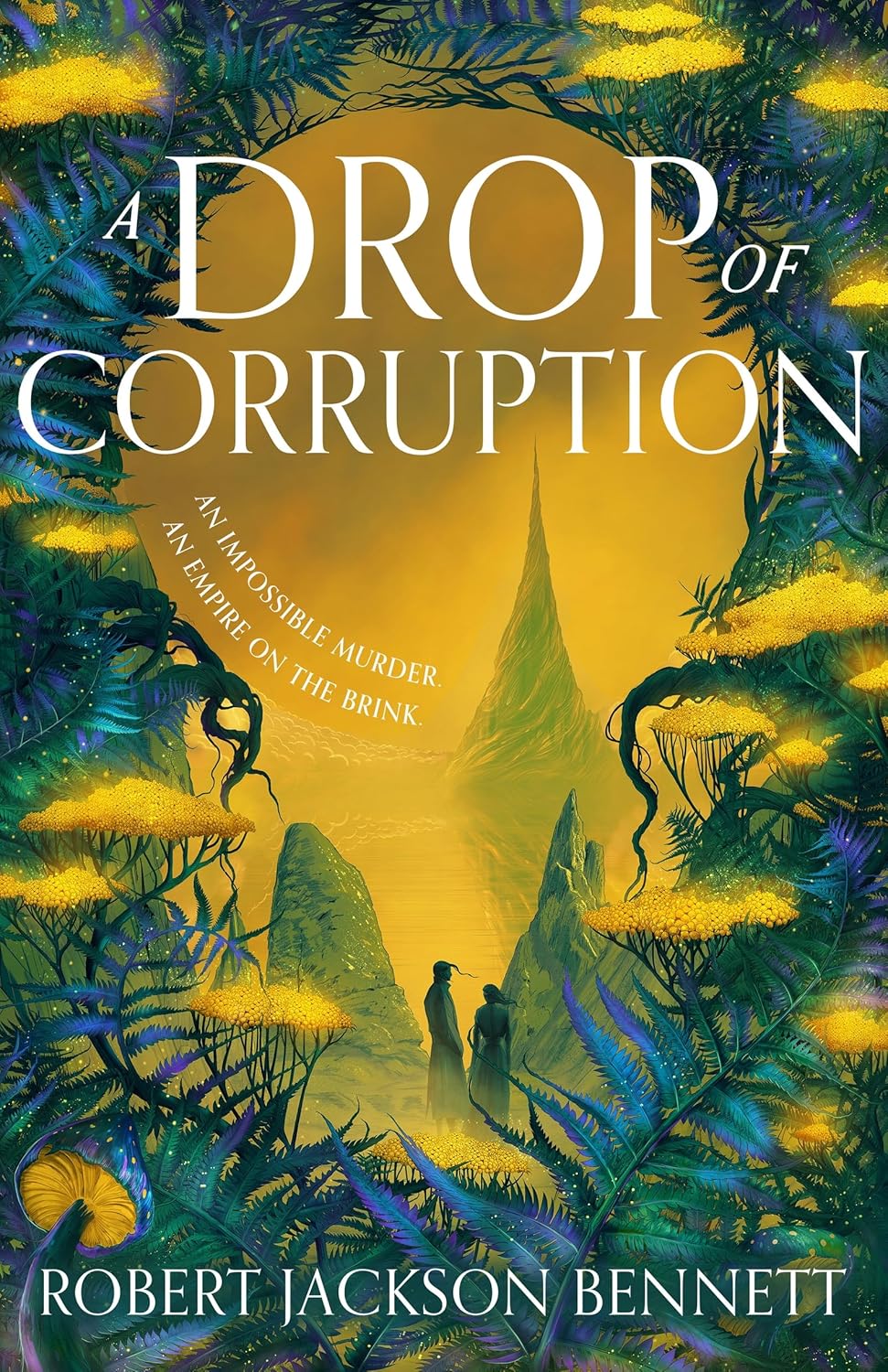2025/205: Nonesuch — Francis Spufford
Saturday, January 3rd, 2026 04:20 pm...it had to be done whole-heartedly or not at all. Not at all! voted Iris the chief clerk, Iris the careful calculator of odds, Iris the prudent investor. All in, all at once, and fuck it, voted the bad girl, and the lover, and the risk-taker, and the suburban slut not willing to be defeated by some whey-faced bitch of a fascist. [loc. 3855]
Another alternate history, in a sense, from Francis Spufford. Set in London during the Blitz, it focusses on Iris Hawkins, an ambitious young woman prevented from success in business by her gender, but determined to make the most of her natural gift for finance. She's also determined to enjoy life: she's sexually active, self-sufficient and eminently pragmatic. She hooks up with Geoff, a young and innocent BBC engineer, on a night out, and finds herself drawn into an occult underworld, an anti-fascist plot, and some unexpected statues.
On the one hand, my favourite read in December and one of my favourites of 2025: on the other, these terrible words which I was not expecting: 'To be continued'. Woe!
Thanks to Netgalley and the publishers! Proper review nearer publication, which is due 26 FEB 26.
Read an excerpt here, and listen to The Coode Street Podcast featuring Spufford.



















